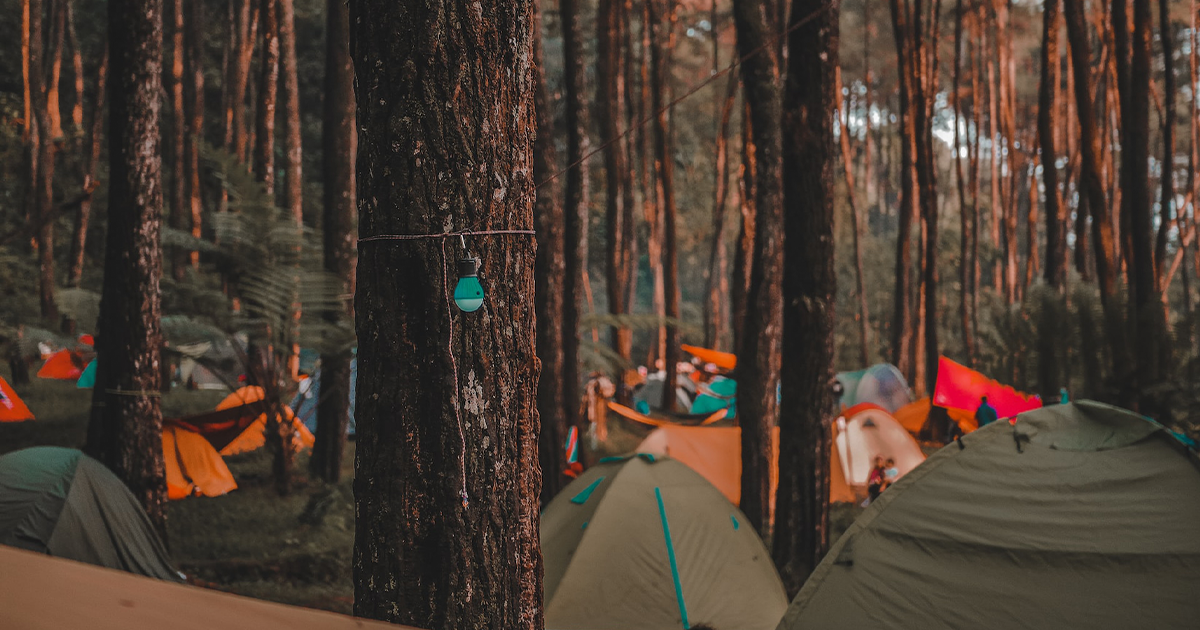Ah, school camp.
Many of us have such fond memories of this childhood rite of passage.
It’s often the first time we’ve ever been away from our family, plucked from our day-to-day routines.
The first memories we make without our parents present: surviving bush hikes and orientation challenges, growing through team-building exercises, connecting with our classmates on a whole other level.
Studies show a well-planned and managed school camp that prioritises learning outside the curriculum, reduces anxiety, increases independence and improves self-esteem, leadership skills and social comfort.
“Majority of kids look forward to them so much,” wrote @RomanEagles on Twitter.
“Got some great memories from Camp, catching fish up near Hattah lakes, the shenanigans kids would get up to with friends… the big breakfasts. My parents were always on struggle street but always found the cash.”
For some, school camps were their fondest memories.
For some parents camp feels even more important after watching their children struggle being cooped up for so long due to lockdowns during some of their most critical formative years.
“They are an important part of our kids’ social and emotional well-being, more so since covid,” wrote @amandanewy.
However, the happy veneer of school camps was recently smashed by mother and disability advocate, Laura Strehlau, on Twitter who said “school camps are ablest, expensive… Is it time to rethink the model?”
Her tweet sent off a flurry of discussion about the major, but often unseen, problems school camps can have for some students, especially those with disability or from low-socioeconomic households.
“I attended primary school camps for my 3 kids as a parent helper,” one person responded.
“My two neurotypical kids enjoyed theirs. For my AS (Autism Spectrum Disorder) kid, his was a crushing nightmare. I’ll never send him on another camp.”
Meanwhile, another mum said her kid didn’t want to go because it would put him in closer proximity to a bully who had been terrorising him at school.
“We saved $500 by not having our 10 yr old go on camp,” wrote @Tanrendell.
“His words ‘I don’t want to go on camp cause then I can’t escape my bully’. He did school work at home and enjoyed playing his fave comp games.”
So where do we go from here?
Perhaps we can start by asking ourselves two questions.
First of all, should we be forcing students to go on camp if they don’t want to, or is that the point of school camp – getting out of your comfort zone?
But secondly and most importantly, how can we create camp experiences that are safer and more inclusive for everyone?






